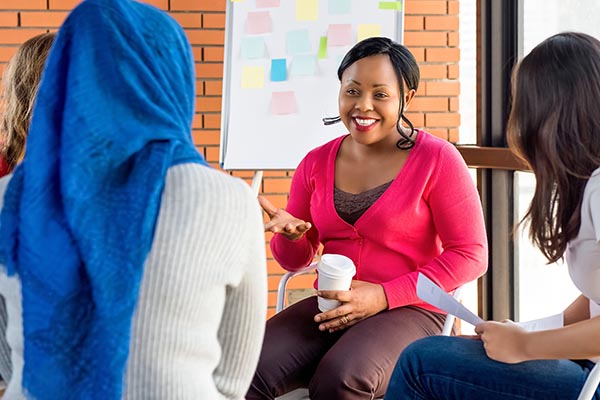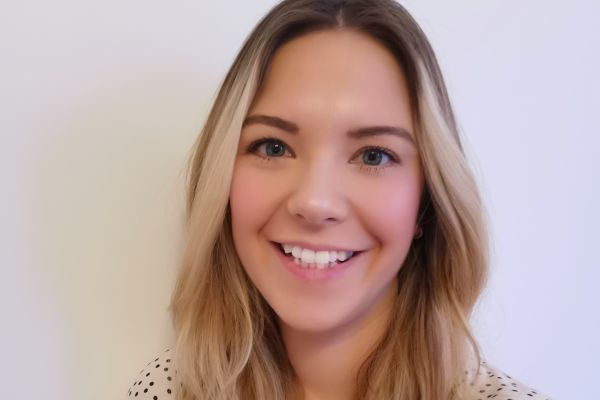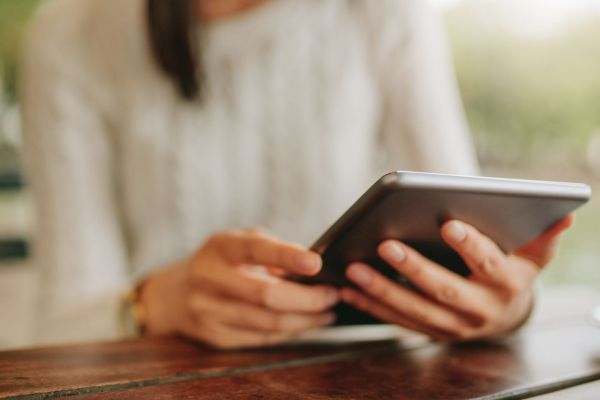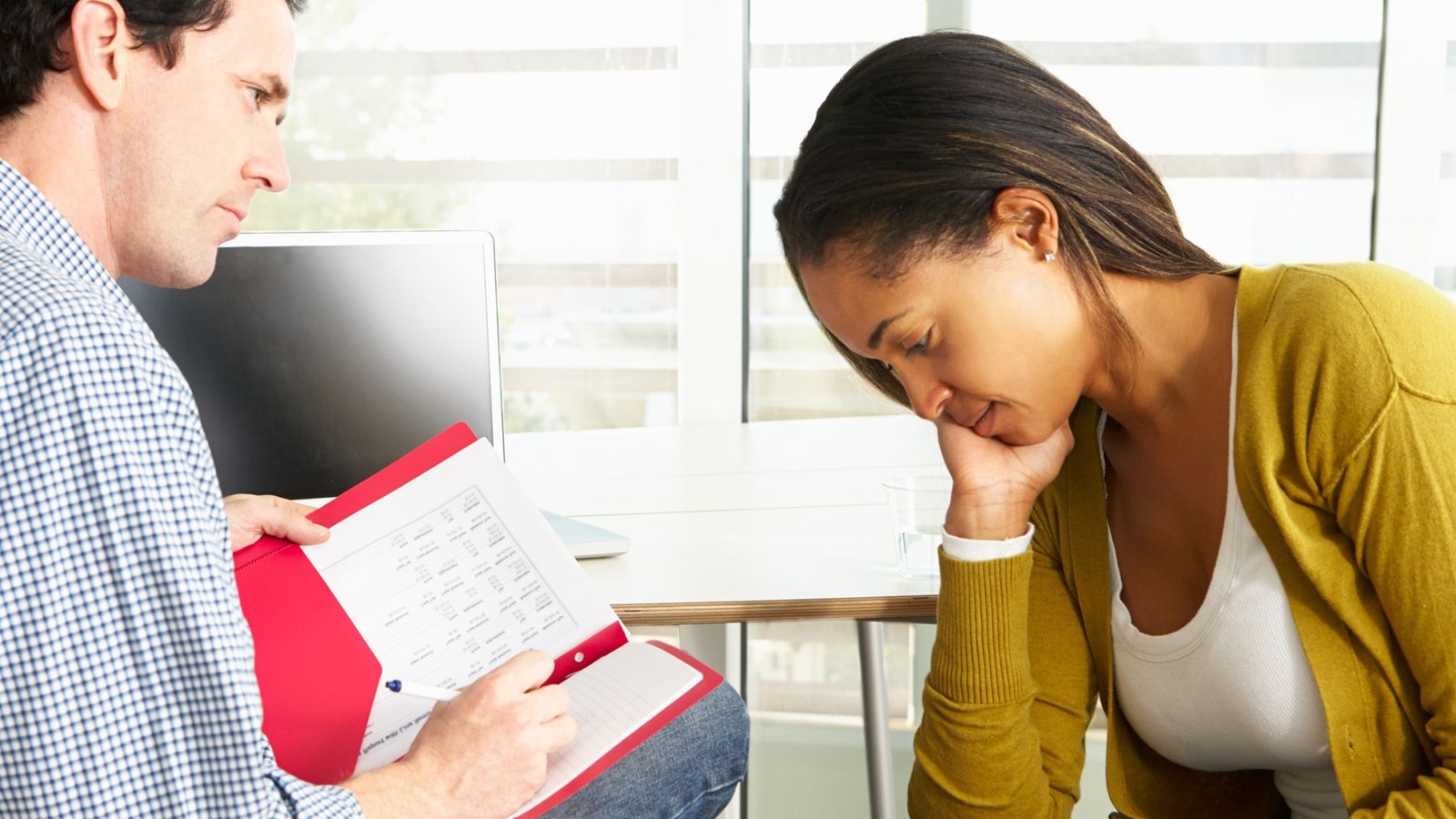Do Black Lives Matter in the counselling room? This, uncomfortable consideration presented since feeling culturally dismissed and misunderstood in both counselling and counselling-training institutions. This was re-affirmed by many of my BAME clients whose experiences echoed my own, leading to them seeking me out for counselling.
This is something that needs to be considered nationally, as it’s important that BAME individuals can be adequately supported throughout counselling and counselling training.
Arguably there wouldn’t be western psychology without Freud, he paved the way for many and contributed massively to the understanding of the human condition. Freud was a white male, and his findings were often conducted and concluded on sexually repressed, middle-class white women.
So, the collective school of thought that we learn as UK-based counsellors is largely within the confines of a white, male lens. There was little consideration for, multiculturalism, ethnic diversity and varying socioeconomic backgrounds.
As human beings who happen to be counsellors or mental health professionals, we know we all hold unconscious biases and that without self-awareness and further introspection to unpack and do the work on ourselves, those biases inform our way of being and thus most certainly join us in the counselling room.
For counsellors to be competent toward BAME clients it’s important we take on cultural sensitivity training on top of our core training. Until this is a formal requirement, it’s something we can gain through reading work by black scholars such as PTSS (post traumatic slave syndrome) founder Dr Joy DeGruy and educators of the black experience, such as Jane Elliot, to cultivate cultural empathy, understanding and sensitivity.
From my own experience, having once been in the client seat, to have to pause from being in the here and now unpacking feelings then having to stick a pin in them, to then psycho-culturally educate my non-black personal therapist was so incredibly frustrating, regardless of how much counselling experience and empathy they had.
In the space of counselling, all clients deserve to feel emotionally held, heard, and validated. With the number of black counsellors being quite small, it wasn’t always an option of finding a suitable counsellor who is from the same ethnic and cultural background.
In an attempt to offer support beyond the counselling room, I’ve released my first e-book called Peace is Power: Mental fitness matters self-care is self-love pandemic edition.
My second e-book, which explores multi-racial identity and the journey of self-acceptance, is coming out soon.
Read more...

Exploring barriers to inclusion in counselling and psychotherapy training
We joined a virtual event held by the Diversity and Inclusion Coalition

‘We want to ensure all voices are heard and equally valued’
Our Chief Operations and Membership Officer Chelsea Shelley blogs for International Women’s Day

Blogs and vlogs 2021
News, views and updates from our staff, members and counselling clients
Views expressed in this article are the views of the writer and not necessarily the views of BACP. Publication does not imply endorsement of the writer’s views. Reasonable care has been taken to avoid errors but no liability will be accepted for any errors that may occur.
